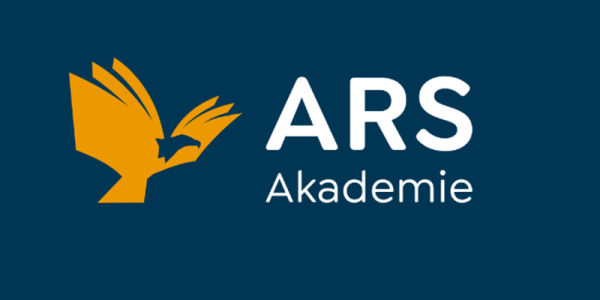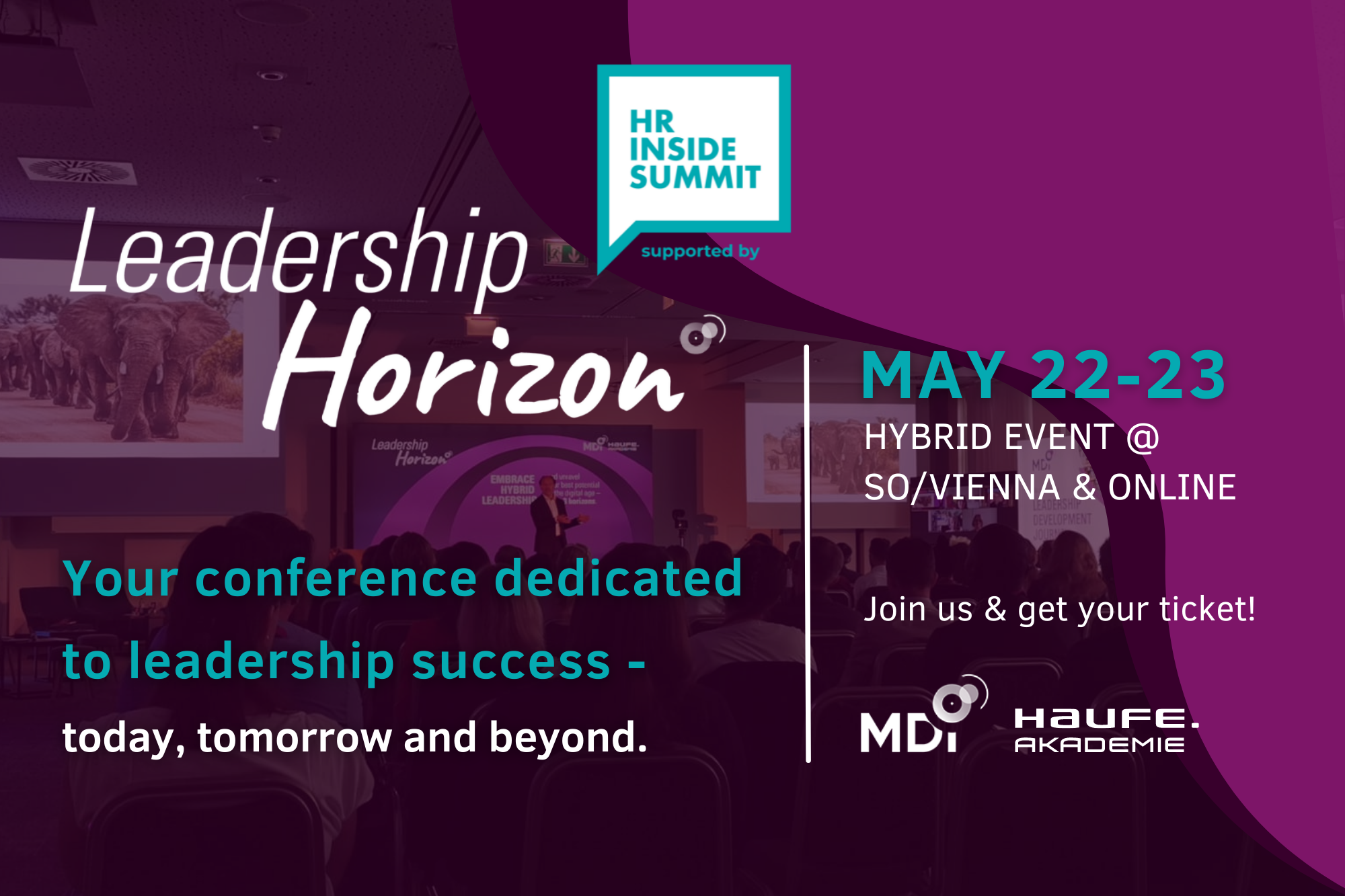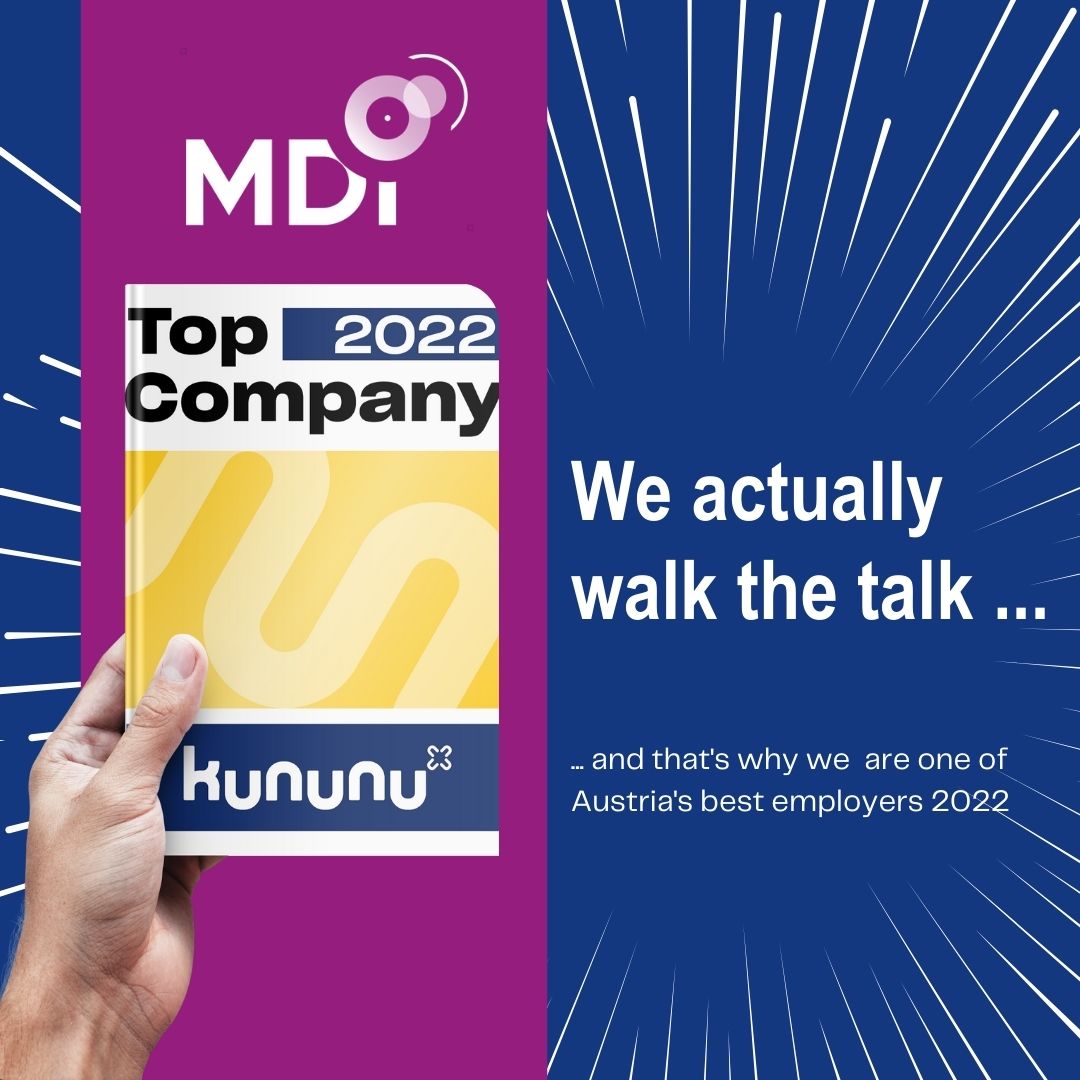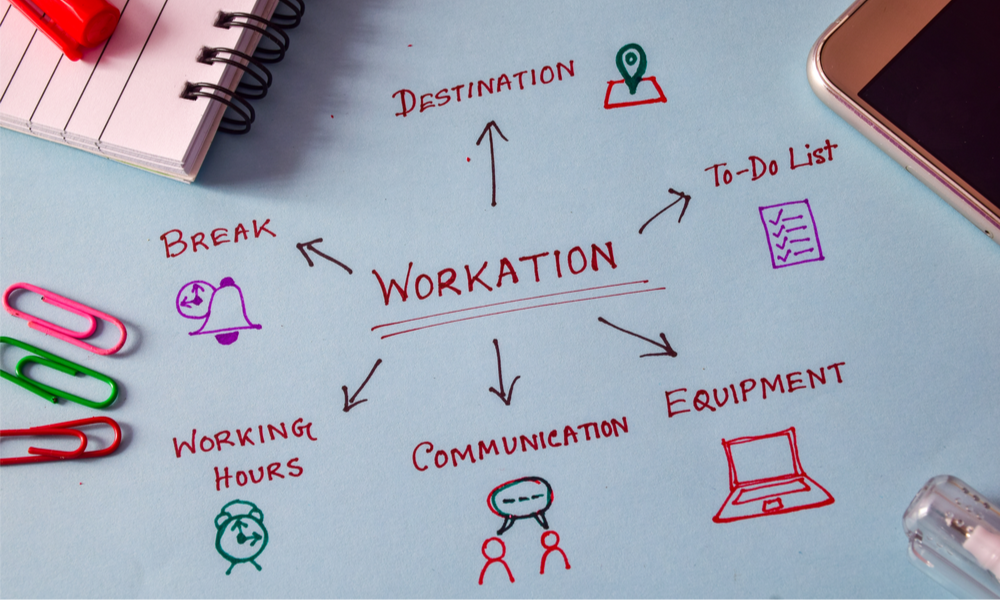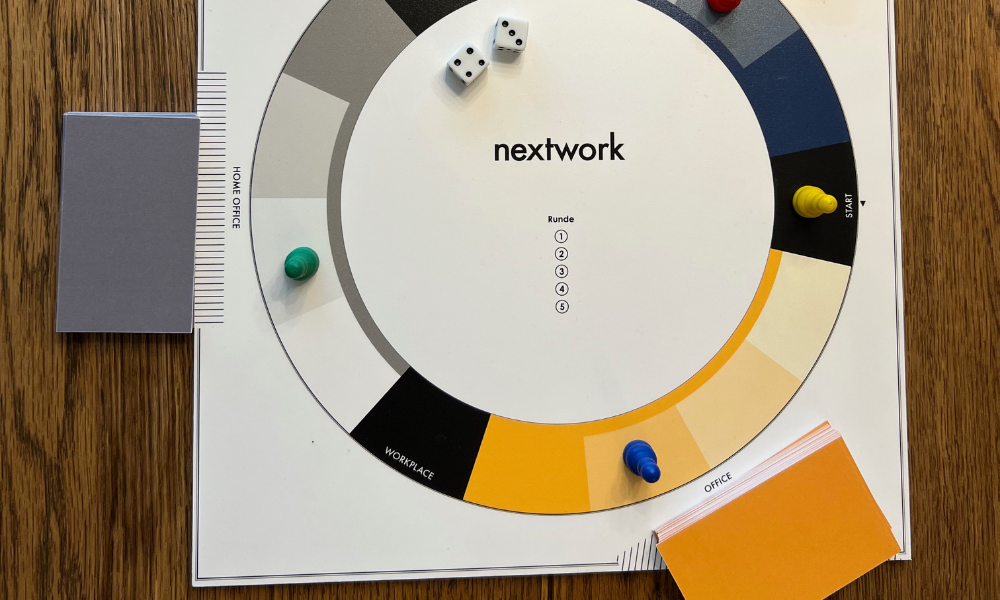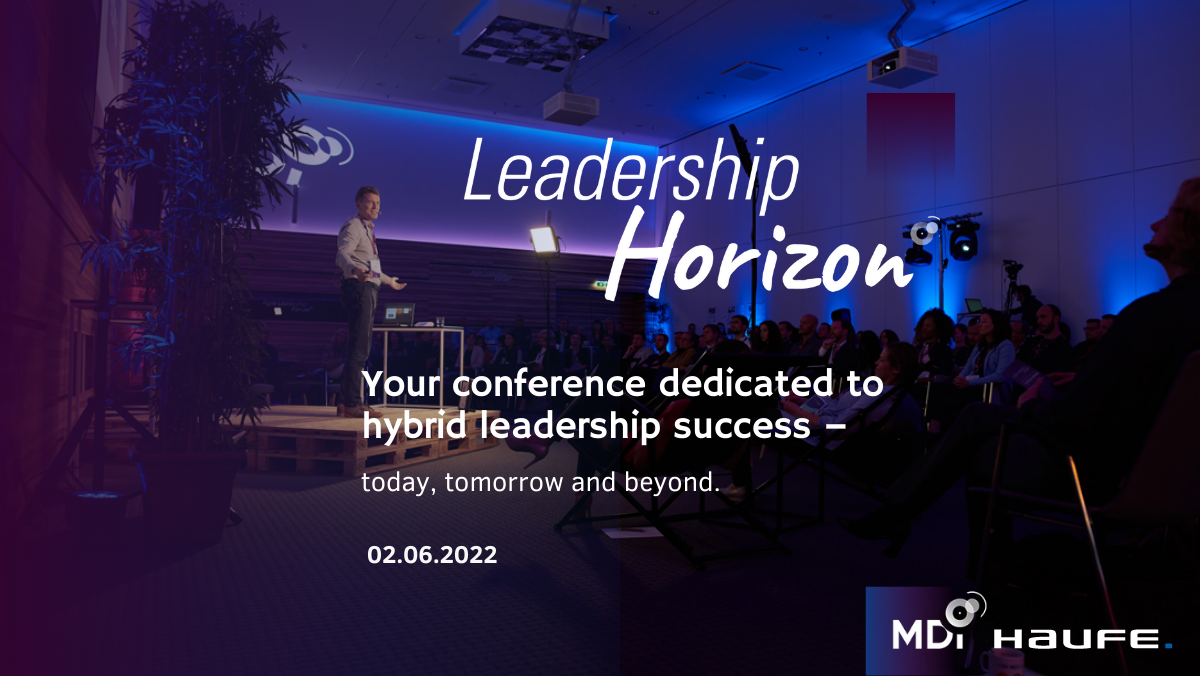
No Success Without Diversity: Why It Matters

The impact of diversity on business success
Diverse teams are not only more creative, they are also more productive. According to studies, companies that consciously promote diversity can expect up to 36% higher innovative strength. This is because diverse teams bring different perspectives to the table and thus find better solutions to complex problems.
In addition, an open and inclusive corporate culture leads to higher employee satisfaction, which in turn has a positive impact on productivity and employee retention.
The survey results confirm this trend: companies with clearly defined diversity measures report higher motivation and engagement among their teams. At the same time, more and more companies recognize that diversity is not only an ethical but also an economic advantage.
Diverse teams are better able to respond to market changes and drive innovation, which can be crucial in times of rapid technological change.
Challenges in implementation
Despite the recognized advantages, there are still hurdles to implementing diversity strategies. The management survey shows that 15.8% of companies have not yet taken any measures to promote diversity and inclusion. Implementation often fails due to a lack of awareness or a lack of strategic anchoring in corporate goals.
Another obstacle is unconscious bias, which often unconsciously influences recruitment and promotion decisions. To counteract this, companies should increasingly focus on training and awareness-raising measures. However, there is still room for improvement here: only 30% of companies currently offer targeted training for leaders to live and benefit from diversity.
Conclusion: from intention to implementation
While many companies recognize the importance of diversity, implementation often falls short of expectations. Leaders are called upon to take active measures to promote an inclusive corporate culture. This includes not only training for leaders, but also clear diversity goals, targeted recruitment measures, and embedding diversity in the corporate strategy.
Companies that manage to establish diversity not just as a concept, but as a fixed component of their success model, will benefit in the long term from greater innovative strength, better employee retention, and increased productivity.
Now is the time to see diversity not just as a theoretical ideal, but to use it as a strategic success factor for the future!
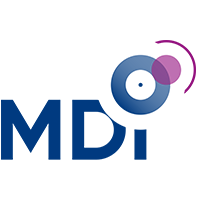
MDI Management International
